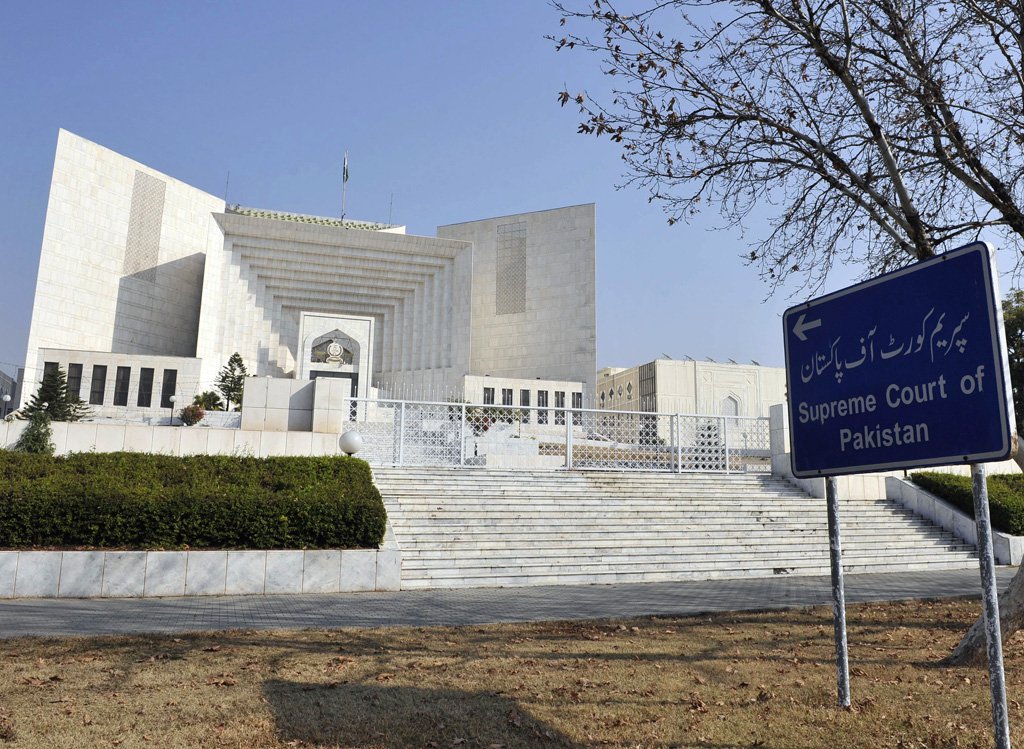
A six-page judgment, recently authored by the Supreme Court judge Syed Mansoor Ali Shah, said ‘protocol’ is a recognised as a standard method or plan for carrying out the test applied to ascertain the nature of the substance under examination.
The judge, who has already written rulings on the same subject in recent past, said no test in narcotics case should take place without following the protocol.
The judgment said report of a government analyst must show that the tests applied are in accordance with a standard protocol. Any test conducted without a protocol loses reliability and evidentiary value.
“Therefore, to serve the purposes of the Act and the Rules, the report of the government analyst must contain (i) the tests applied (ii) the protocols applied to carry out these tests (iii) the result of the test(s)," the judgment said.
The court said once the three requirements under Rule 6 are met in the report, any ambiguity therein may be resolved by the trial court by exercising its power under Proviso to Section 510, Code of Criminal Procedure (CrPC).
Supreme Court orders action against air pollution
"The said provision states that the court may, if it considers necessary in the interest of justice, summon and examine the person by whom such report has been made.
“Therefore, the trial court while examining the said report has the power to summon the government analyst in case there is any ambiguity in the said report and seek clarification thereof.”
It said this clarification can only be based on the existing record of the government analyst and does not mean to allow the analyst to conduct a fresh test or prepare another report, for that would amount to giving the prosecution a chance of filling the gaps and lacunas in the report.
The judgment also noted that the trial court must also be mindful of the legal position that the per se admissibility of the report, ie, without examining the analyst does not vouch for its evidentiary value.
Discussing the specific case, the judgment said: “The report of the government analyst in the instant case does not specify the protocols of the tests applied and thus does not meet the requirements of the law as interpreted by this court in the cases of Imam Bakhsh and Khair-ul-Bashar (supra).
"We have observed in a number of cases before us that the import of the above cited judgments have not been fully understood in the context of ‘protocols’, which has been further clarified in this judgment.
“Therefore, it will be appropriate if a copy of this judgment is dispatched to all the High Courts for their reference and for further circulation to the trial courts dealing with such matters and to the forensic science laboratories in their respective areas," said the judgment.
Facts of case
The apex court gave these guidelines while hearing a criminal appeal of Qaisar Javed Khan, who was apprehended in a search operation for allegedly selling drugs and 1,150 grams of charas garda [cannabis] was recovered from him.
After trial, he was convicted by a trial court under section 9(c) of the Control of Narcotic Substances Act 1997 and sentenced to rigorous imprisonment for 4.5 years along with a fine of Rs20,000.
On appeal, the Lahore High Court (LHC) upheld the conviction and sentence on April 18. The apex court while hearing appeal has acquitted him from the charge.



1732623521-0/bitcoin-(1)1732623521-0-165x106.webp)

1732621030-0/Express-Tribune-(7)1732621030-0-270x192.webp)
1732622842-0/Express-Tribune-(9)1732622842-0-270x192.webp)

1725254039-0/Untitled-design-(24)1725254039-0-270x192.webp)

1732617223-0/Untitled-design-(69)1732617223-0-270x192.webp)






COMMENTS
Comments are moderated and generally will be posted if they are on-topic and not abusive.
For more information, please see our Comments FAQ